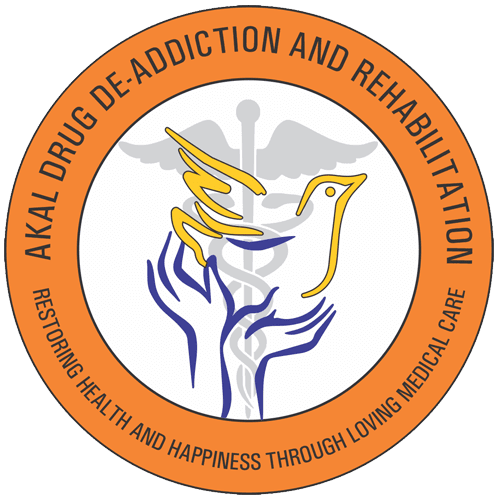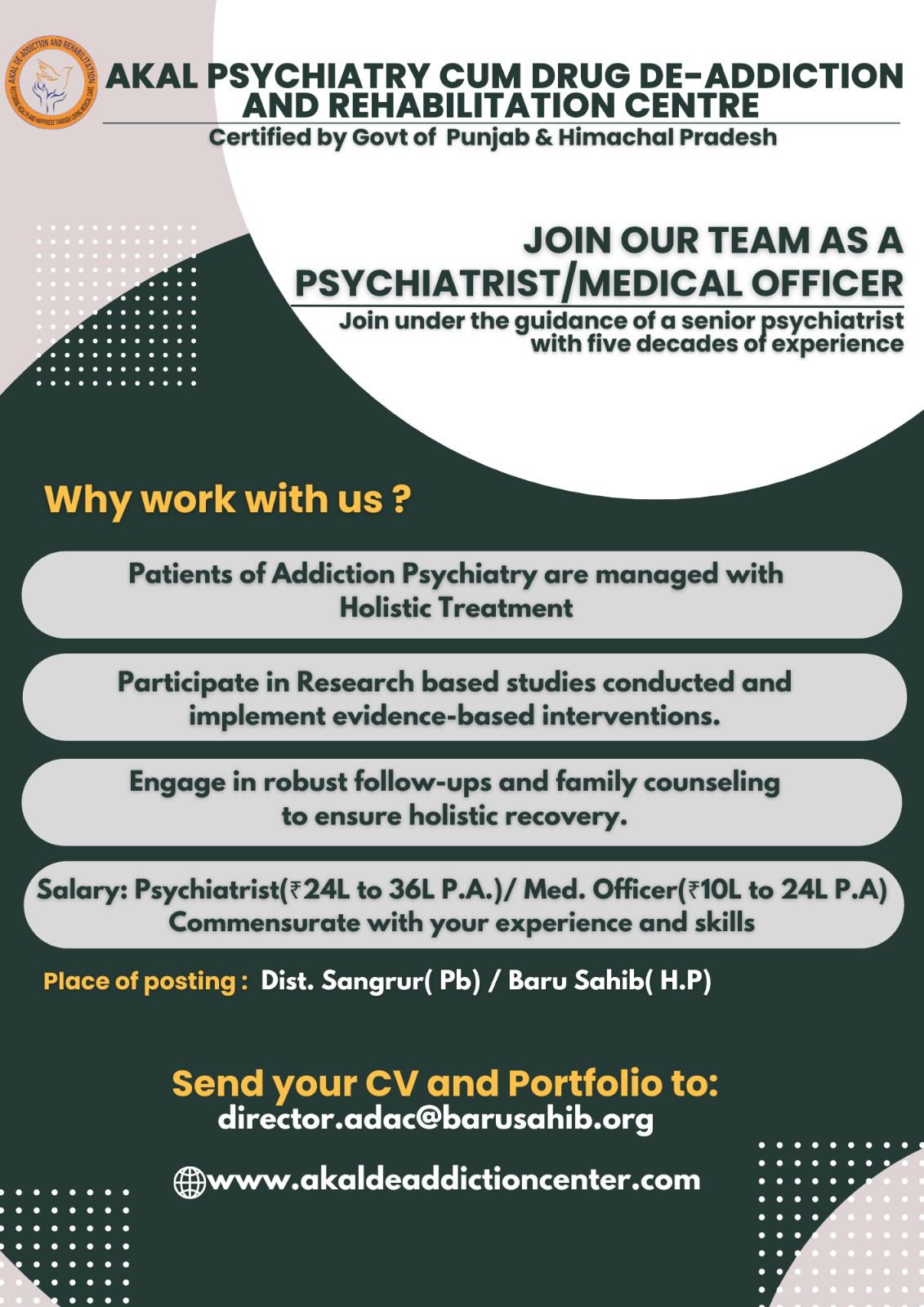
Introduction
Within the intricate tapestry of psychiatry, the significance of exuding positive energy, characterised by spiritual depth and empathetic resonance, transcends the mere atmosphere of the office. As a psychiatrist deeply committed to the well-being of my patients, this article aims to delve into the transformative power of ‘good vibes’ emanating from a profound sense of spirituality and heightened empathy.
Understanding ‘Good Vibes’ in Psychiatry
In the sacred space of psychiatry, ‘good vibes’ extend beyond the physical confines of an office, reaching into the spiritual core of the psychiatrist. It involves the cultivation of a profound sense of empathy, compassion, and a genuine connection that transcends the clinical encounter. This spiritual depth contributes significantly to the therapeutic process and the overall well-being of the patient.
Personal Journey: A Spiritual Awakening
Allow me to share a transformative personal journey that underscores the spiritual essence of ‘good vibes’ in psychiatry. In my practice, I encountered a patient named Aryan, a young man navigating the shadows of severe depression. Aryan, steeped in a sense of spiritual emptiness, sought solace beyond the clinical interventions.
Recognising the importance of spiritual resonance, I brought forth my own sense of spiritual depth into our sessions. Through mindfulness practices, guided meditation, and empathetic listening, I aimed to create an atmosphere of spiritual connection. The ‘good vibes’ emanating from this shared spiritual journey became a source of healing for Aryan.
Case Study: Aryan’s Spiritual Rebirth
Aryan’s case serves as a testament to the transformative impact of spiritual ‘good vibes’ in psychiatry. Through a marriage of evidence-based interventions and a shared spiritual exploration, Aryan not only found relief from his depressive symptoms but underwent a profound spiritual rebirth.
Takeaway for Behavioural Health Workers
For all behavioural health workers, the lesson from Aryan’s story is profound: the energy we emanate as psychiatrists goes beyond clinical knowledge; it involves tapping into our spiritual reservoir and fostering a connection that transcends the material world. Recognising the spiritual essence of ‘good vibes’ is about co-creating a healing space where the patient’s spirit is acknowledged and nurtured.
In conclusion, as behavioural health workers, let us recognise the transformative power of spirituality within the practice of psychiatry. By radiating ‘good vibes’ grounded in empathy and spiritual depth, we can contribute to the profound healing of those seeking our guidance. In this sacred dance of psychiatry, the spiritual energy we bring becomes the guiding light for patients on their journey toward mental and spiritual well-being.


